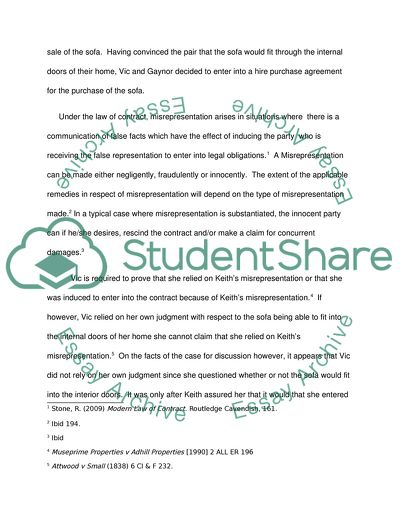Cite this document
(“LAW OF CONSUMER PROTECTION Essay Example | Topics and Well Written Essays - 2500 words”, n.d.)
LAW OF CONSUMER PROTECTION Essay Example | Topics and Well Written Essays - 2500 words. Retrieved from https://studentshare.org/miscellaneous/1562522-law-of-consumer-protection
LAW OF CONSUMER PROTECTION Essay Example | Topics and Well Written Essays - 2500 words. Retrieved from https://studentshare.org/miscellaneous/1562522-law-of-consumer-protection
(LAW OF CONSUMER PROTECTION Essay Example | Topics and Well Written Essays - 2500 Words)
LAW OF CONSUMER PROTECTION Essay Example | Topics and Well Written Essays - 2500 Words. https://studentshare.org/miscellaneous/1562522-law-of-consumer-protection.
LAW OF CONSUMER PROTECTION Essay Example | Topics and Well Written Essays - 2500 Words. https://studentshare.org/miscellaneous/1562522-law-of-consumer-protection.
“LAW OF CONSUMER PROTECTION Essay Example | Topics and Well Written Essays - 2500 Words”, n.d. https://studentshare.org/miscellaneous/1562522-law-of-consumer-protection.


